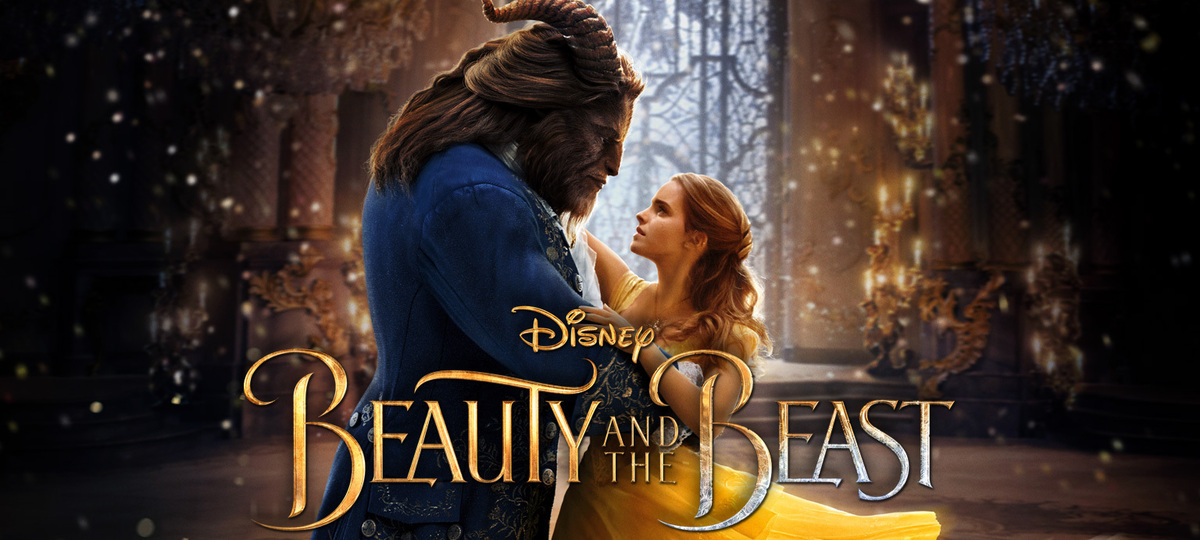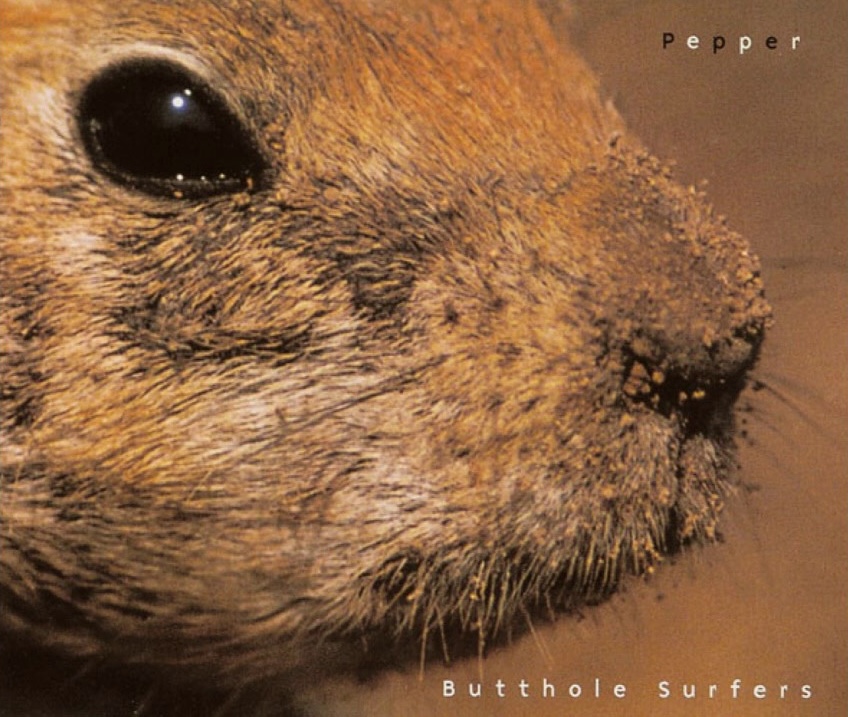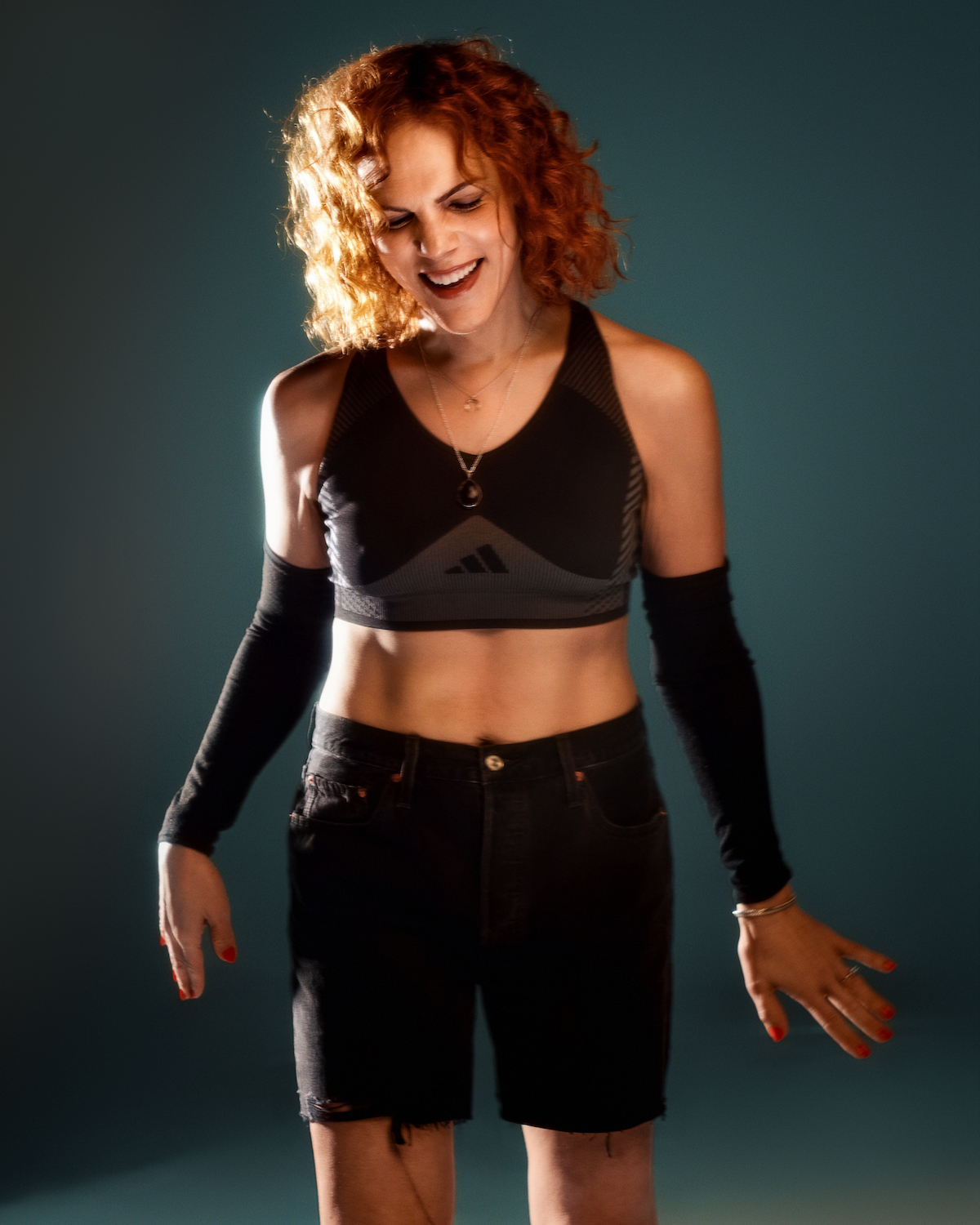"Rap is not pop/ If you call it that, then stop." When Q-Tip spoke those words on "Check The Rhime," the most enduring single from A Tribe Called Quest's 1991 opus The Low End Theory, he had aesthetics in mind, not numbers. Tip was dismissing MC Hammer, who'd achieved massive crossover success by steering hip-hop toward the pop mainstream in especially corny fashion. It was an early manifestation of the persistent notion that there's such a thing as "real hip-hop" and it must remain separate from pop -- pure and undefiled and uncompromising.
In a different sense, though, rap was pop by 1991 -- and not just hokey crossover acts like Hammer. Just months before The Low End Theory dropped, N.W.A had surprised the music industry when their sophomore album Niggaz4Life (stylized as Efil4zaggin) debuted at #2 and ascended to #1 the following week, the first rap album to benefit from the increased accuracy of Nielsen's newly implemented SoundScan ratings. Hardcore rap was massively popular in a way no one besides its fans had truly recognized. Hip-hop had become the music of the people.
By November of that same year, P.M. Dawn scored a #1 single with "Set Adrift On Memory Bliss." Like Vanilla Ice's "Ice Ice Baby" and Marky Mark And The Funky Bunch's "Good Vibrations" -- the only rap songs to previously top the Hot 100 -- P.M. Dawn's hit was melodic and approachable. It was, in a word, poppy. But P.M. Dawn didn't cravenly pander to the middle like those other rap #1s; they were just weirdos doing their thing, and people gravitated toward it. So not only were rappers putting up pop-star numbers, hip-hop was also evolving into strange new forms, generating rap music that could pass as pop on its own terms.
The worlds of pop and rap have morphed and intersected many times in the intervening years. There were eras when the two fields seemed indistinguishable, such as Bad Boy's run of 1997 chart domination and a lengthy stretch from 2002-07 when the likes of Nelly, 50 Cent, Eminem, Ludacris, and Kanye West were routinely generating #1 hits. That same period gave us R&B's last great pop crossover as well. In the decade since, radio -- always racially codified to an extent -- has become alarmingly segregated again, which in turn has rendered pop and rap almost entirely separate universes. I got into this a bit while writing about John Legend and the Weeknd last fall:
Usher's Confessions, 2004's biggest album, was fully pop and fully R&B all at once. Alicia Keys, Akon, Ciara, T-Pain, Ashanti, and many other performers straddled both worlds. But factors such as the EDM explosion and the rise of methodical Swedish superproducer Max Martin helped filter the sound of R&B out of the pop mainstream -- and really the changes that removed R&B from the pop sphere had been brewing for decades beforehand. The radio deregulation of 1996 allowed ClearChannel (now IHeartRadio) to buy up a large percentage of the dial and create cleanly defined categories, making it easier for advertisers to target specific demographics. Instead of stations competing with each other, you had one company providing a number of specialized niches. If their pop station had a high percentage of black artists, they risked diluting both revenue streams: drawing listeners away from their R&B/hip-hop station, and making it harder to micro-target to their core demo.
As a result of these cultural currents, most of the rap songs to top the Hot 100 these past 10 years have been the sort of shameless pop exercises Q-Tip might've rebuked, be it Eminem, T.I., and Wiz Khalifa embracing their saccharine sides or Pitbull, LMFAO, and the Black Eyed Peas plunging headfirst into novelty. Nicki Minaj, an artist who has straddled the line between rap and pop, recently surpassed Aretha Franklin for the most Hot 100 singles of all time, but most of her biggest hits have been full-fledged pop songs ("Starships," "Super Bass") or rap verses on other people's pop songs ("Side To Side," "Beauty And A Beat"). Rap titles have been few and far between on Billboard's year-end albums and singles charts. For the most part, in order to have any success on the pop charts this past decade, rap artists have had to assimilate -- until recently.
A quarter-century after that 1991 coming-out party, similar phenomena are once again at play. Rap is having another pop moment -- and again, it's not just the corny pop-rap that always lingers near the top of the charts (though from Flo Rida to G-Eazy to Machine Gun Kelly, that stuff persists as well). A new technological innovation, on-demand streaming, has reminded the world just how popular rap music is, clogging the upper tier of the albums and singles charts with hip-hop titles. At the same time, a wave of innovators are toying with the sound of hip-hop, creating contagiously catchy rap music that exists outside of conventional genre boundaries. You won't hear most of this music on pop radio, but it's pop music all the same.
Less than three months into 2017, we've already had two rap songs hit #1: Rae Sremmurd and Gucci Mane's "Black Beatles" and Migos and Lil Uzi Vert's "Bad And Boujee." Although "Black Beatles" is not a conventional rap track due to its woozy synth-pop tendencies and Swae Lee's sing-song flow, neither song panders to the pop mainstream. "Bad And Boujee" is straight-up trap music, the kind of song that has a less than microscopic chance of crossing over to pop radio. Meanwhile, four rap albums have debuted atop the chart this year: Migos' Culture, Big Sean's I Decided, and a pair of Future albums that made him the first artist to score #1 album debuts in consecutive weeks. Next week Drake's "playlist" More Life will inevitably become the fifth -- and if the success of his 2016 dirge marathon Views is any indication, More Life will remain on top for a while.
Streaming's impact on these achievements cannot be understated. Let's consider albums first: For years, a huge percentage of the best and most popular rap music was distributed via mixtape sites like Datpiff, where listeners either downloaded the music for free or queued it up on-demand. That put rappers at a disadvantage where the charts were concerned; millions of people were consuming this music, but because it wasn't flowing through official commercial channels, it went unrecognized. When Billboard began factoring streams into their album chart rankings in late 2014 -- after factoring streams into the singles chart in 2012 -- rappers started putting their full-length releases (albums and mixtapes alike) on streaming services like Spotify and Apple Music, and suddenly all that online consumption was converted into chart domination, streaming royalties, and platinum plaques.
The ripple effect has been almost as enlightening as N.W.A's big SoundScan splash back in '91. In 2014, only one rap album (Eminem's The Marshall Mathers LP 2) cracked Billboard's year-end top 20. The following year, just after streaming was factored into the albums chart, five rappers (Drake, Nicki Minaj, J. Cole, Kendrick Lamar, and Meek Mill) finished in the top 20 of the same list. Drake's Views, by far the most successful album released in 2016, maintained its stranglehold on #1 almost entirely on the strength of streaming, a feat More Life seems primed to repeat. And streaming has been the primary factor keeping Migos, Future, and Big Sean in the top 10 for weeks on end this year.
The internet's impact on rap singles has been especially profound. Rae Sremmurd, for instance, benefitted from the Mannequin Challenge, a video meme in which groups of people filmed themselves frozen in place to the sound of "Black Beatles." Hundreds, even thousands of these clips emerged, each one contributing streams to Rae Sremmurd's count and undoubtedly inspiring some viewers to queue up "Black Beatles" on their streaming service of choice. Several viral dance hits such as Silentó's "Watch Me (Whip/Nae Nae)" and Zay Hilfigerrr & Zayion McCall's "Juju On That Beat" enjoyed similar surges to the top 10. Again, these are cases of taking something that's undeniably popular and simply tracking and acknowledging that popularity. It's a testament to streaming's democratizing power, its ability to shape a new definition of pop that does not so dramatically exclude black artists and listeners.
Streaming also helps rap climb the charts in a less organic way: The streaming services themselves are boosting certain songs by including them in curated playlists such as Spotify's popular Rap Caviar, which boasts almost 6 million followers. These rolling collections of music are functioning like a new kind of radio station, foisting a certain set of songs on consumers eager to have new music highlighted for them. Genius calls Tuma Basa, who programs Rap Caviar, "arguably the most important tastemaker in hip-hop music today." Meanwhile Myles Tanzer touts Spotify's powerful influence in a new Fader essay: "Their top playlists have millions of followers and real sway, and are increasingly a crucial component in helping songs like 'Bad and Boujee' and 'iSpy' reach the Billboard Top 10."
"iSpy" -- a collaboration between rising LA rapper Kyle and cultishly popular Atlanta mumble-rap lightning rod Lil Yachty -- exemplifies the other '91 phenomenon that's repeating today: that P.M. Dawn maneuver of evolving rap into a strange new place that happens to feel like pop. The track, which rose to #10 this week, is a cutesy and insular rap nursery rhyme about pursuing "a girlie I can get 'cause she don't get too many likes." It sounds like the product of overgrown children raised on the internet, cartoons, and video games -- so it's fully in line with the shtick that has made Yachty such a sensation. "iSpy" is his second song to hit the top 10 in six months following "Broccoli," his buoyant collaboration with Virginia sing-rapper D.R.A.M. Neither one scans as rap in any conventional sense, which reminds me of Atlanta journalist Christina Lee's tweet last summer: "maybe the question isn't whether Yachty is the next best rapper, but whether he's the next Postal Service."
Yachty is proving to be a transformative figure, but any discussion of hip-hop's current metamorphosis eventually must return to Drake. After breaking through by destroying the binary between rap and R&B, Aubrey Graham has lately strayed from the rap/R&B paradigm entirely in favor of grime, house, dancehall, and afrobeats. The only hits from the mostly dark and drowsy Views were the songs on which, to quote The Ringer's Hannah Giorgis, Drake plays the part of a "sentient piña colada." Those were the sounds that helped "One Dance" become Drake's first #1 single as a lead artist, and More Life is overflowing with them.
More Life is a rap project in both spirit and substance, but it's also a pop album by any measure. As Brittany Spanos explored in a smart Rolling Stone piece this week, it feels like an attempt by Drake -- who had to work so hard to be taken seriously as a rapper -- to be known as more than just a rapper once and for all. "This is the sound of an artist ready to revamp the map of where pop is heading," Spanos wrote, "stopping at nothing to get his well-deserved recognition outside of just the rap world." That recognition might be lacking from institutions such as the Grammys, which relegated "Hotline Bling" to the rap categories even though Drake does not rap on it. But Drake is undeniably a pop star, both by virtue of his dominance within rap and the many ways in which his music is exploding the boundaries of genre altogether. The numbers don't lie, and neither does the sound.

CHART WATCH
If you thought the Beauty And The Beast soundtrack was a lock for a #1 debut, you were wrong. Ed Sheeran is so wildly popular that his ÷ held onto the top spot on the Billboard 200 for a second straight week, even up against the Disney blockbuster's fail-proof nostalgic power. And neither Sheeran nor Beauty And The Beast sold the most albums this week; that'd be Metallica, who continue to bundle copies of Hardwired... To Self-Destruct with concert tickets.
So up top we've got Sheeran with 180,000 equivalent units and 87,000 in sales, followed by Metallica with 102,000 units/100,000 sales, followed by Beauty And The Beast with 57,000 units/48,000 sales. Maybe now that the movie's in theaters, the soundtrack will surge on next week's chart, though nobody's beating Drake's More Life for #1. The rest of this week's top 10 features familiar titles from Bruno Mars, the Weeknd, and Future (x2) plus the soundtracks from Moana and Trolls.
The bigger chart news regards singles, not albums: Nicki Minaj has broken Aretha Franklin's record for the most Hot 100 hits by a woman with debuts for “No Frauds" (#14), "Regret In Your Tears" (#61), and "Changed It" (#71). Minaj now has 76 charting tracks compared with Franklin's 73, though as Billboard explains, 44 of Minaj's hits were as a featured artist.
As for the top 10, Sheeran's "Shape Of You" holds on to #1 for an eighth nonconsecutive week. Next up is Bruno Mars with "That's What I Like" rising to a new #2 peak. That bumps Migos and Lil Uzi Vert's "Bad And Boujee" to #3 and Zayn and Taylor Swift's "I Don't Wanna Live Forever (Fifty Shades Darker)" to #4. The Weeknd and Daft Punk's "I Feel It Coming" is up to #5, a new high, giving the Weeknd his fifth top-5 hit. Kodak Black's "Tunnel Vision" stays at #6, while Rihanna's "Love On The Brain" falls to #7. The Chainsmokers hold down #8 and #9 with the Coldplay collab "Something Just Like This" and "Paris" respectively, but "Closer" falls out of the top 10 for the first time since its release (leaving the track tied with LeAnn Rimes' "How Do I Live" at a record 32 weeks in the top 10). Rounding out the top 10 is Kyle and Lil Yachty's aforementioned "iSpy" at #10, which becomes Kyle's first top-10 hit and Yachty's second.
POP FIVE
Linkin Park - “Battle Symphony”
Linkin Park are really gunning for a pop hit this time around, huh? This is not what I expected a Linkin Park song called “Battle Symphony” to sound like.
https://youtube.com/watch?v=D7ab595h0AU
Iggy Azalea - "Mo Bounce"
Pretty sure this woman's 15 minutes are over. Who is going to play this song? Not rap radio. Not pop radio. Not me!
Machine Gun Kelly - "At My Best" (Feat. Hailee Steinfeld)
If you thought "Bad Things" hewed a little too closely to the Eminem/Rihanna template, how about this "Love The Way You Lie" rewrite built on the "If you don't love me at my worst, you don't deserve me at my best" meme?
[videoembed size="full_width" alignment="center"][/videoembed]
Clean Bandit - "Symphony" (Feat. Zara Larsson)
Just when you thought Clean Bandit would go down as one-hit wonders after "Rather Be," the orchestral EDM act is riding high with "Rockabye," a recent top-10 hit in the US and winner of the prestigious Christmas #1 in the UK. And now they've got this Zara Larsson collab that seems perfectly capable of keeping them on the radio. This band has an innate understanding of how to launch into a song's final chorus.
https://youtube.com/watch?v=aatr_2MstrI
G-Eazy & Kehlani - "Good Life"
G-Eazy has been on better pop-rap songs than this, and Kehlani's library of superior tracks is lengthy. But "Good Life" is a surefire hit. Remember the overwhelming success of the last inspirational The Fast And The Furious rap anthem, Wiz Khalifa and Charlie Puth's "See You Again"? At least they didn't give us a cruddy Kanye West cover.
https://youtube.com/watch?v=FG9M0aEpJGE
NEWS IN BRIEF
- LeAnn Rimes congratulated the Chainsmokers for tying her Billboard chart record by mashing up their "Closer" with "How Do I Live." [Twitter]
- Speaking of "Closer," Chainsmokers' demo apparently had Camila Cabello in place of Halsey. [Twitter]
- And speaking of Halsey, her new album is out 6/2 according to a photo of tarot cards she tweeted. [Twitter]
- Calvin Harris shared a short video breaking down how he made "Slide." [Twitter]
- Kesha will be a guest judge on RuPaul's Drag Race season 9. [EW]
- Will.i.am wrote a hip-hop zombie comic book for Marvel. [Billboard]
- Garth Brooks played two surprise concerts around SXSW. [Billboard]
- Katy Perry teased another new song, "Bon Appétit," via Instagram Story. [Twitter]
- Perry also gave an emotional speech at the Human Rights Campaign gala, where she was honored with the National Equality Award. [YouTube]
- Faith Hill and Tim McGraw are prepping a joint album and will perform lead single "Speak To A Girl” at the Academy Of Country Music Awards next month. [EW]
- Becky G plays the first openly gay movie superhero in the new Power Rangers. [The Guardian]
- Julia Michaels made her late night TV debut on Jimmy Fallon. [NBC]
- Zayn announced "Still Got Time," a new song with PARTYNEXTDOOR. [Instagram]
- Lorde and Carly Rae Jepsen joined Bleachers' MTV Unplugged taping in New Jersey. [Twitter]
- Diddy responded to a "reverse racism" lawsuit against his Revolt TV network. [Spin]
- Future and the Weeknd filmed a video for "Comin' Out Strong" in Toronto. [Twitter]
- Drake got a Sade tattoo. [Instagram]
- Beyoncé surprised a teenage fan battling cancer with a FaceTime call. [Instagram]
HOLD ON, WE'RE GOING HOME
https://twitter.com/ira/status/843953224801386496






